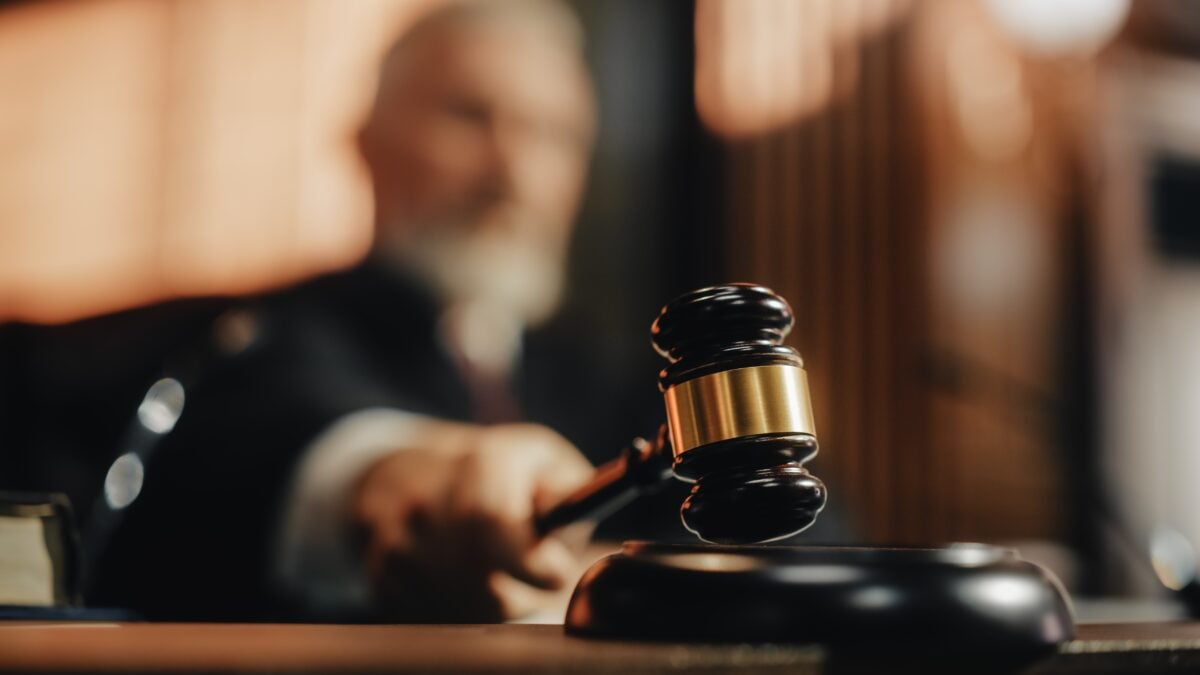TLDR
- Texas Magistrate Judge Ronald Griffin recommended dismissing most of a class-action lawsuit against Logan Paul over his collapsed NFT project CryptoZoo
- The commodity pool fraud claim was permanently rejected, with the judge calling the plaintiff’s arguments “dizzying”
- Plaintiffs failed to show direct evidence linking Paul personally to their financial losses from CryptoZoo
- Paul previously set aside $2.3 million to refund buyers 0.1 ETH each in exchange for not pursuing legal action
- Paul has also filed a defamation lawsuit against YouTuber Coffeezilla over CryptoZoo coverage
A Texas magistrate judge has recommended dismissing most claims in a proposed class-action lawsuit against YouTuber Logan Paul over his failed NFT project CryptoZoo. Magistrate Judge Ronald Griffin advised an Austin federal court Thursday that plaintiffs had not established sufficient connections between Paul and their financial losses.
The lawsuit was filed in February 2023 by a group of CryptoZoo buyers. They accused Paul and co-defendants of orchestrating a “rug pull” by promising features and rewards that never materialized.
Logan Paul says me interviewing people who lost money in CryptoZoo is "milking the shit out of it", and if I continue to do so and call this a scam: it's going to be worse for me in his lawsuit. pic.twitter.com/quDUrd4ELm
— Coffeezilla (@coffeebreak_YT) January 4, 2023
CryptoZoo was an NFT project that allowed users to purchase “egg” tokens that would “hatch” into animal characters. These animals could then be bred together to create hybrid NFTs for trading.
Griffin’s 75-page report concluded that 26 of the 27 claims against Paul should be eligible for amendment by plaintiffs. However, he recommended permanently dismissing one claim alleging commodity pool fraud.
The plaintiffs had argued that CryptoZoo NFTs functioned like option contracts. They claimed the mystery element of hatching eggs and breeding mechanics created contractual obligations for future delivery.
Commodity Pool Fraud Claim Rejected
“The mental gymnastics required to come to this conclusion are truly dizzying,” Griffin wrote in his ruling. The judge said plaintiffs failed to explain how purchasing CryptoZoo NFTs created option contracts or contracts for future delivery.
Griffin noted that much of the complaint relied on “fragments of facts” rather than concrete evidence. He criticized attempts to “jam together two pieces of different puzzles in the vain hope of producing a final, cohesive product.”
The remaining 26 claims include fraud, unjust enrichment, negligence, breach of contract, and violations of state consumer laws. These allegations span multiple jurisdictions where CryptoZoo buyers purchased NFTs.
Griffin emphasized that legal precedent does not support the plaintiff’s approach to connecting Paul to the project’s failure. The court found insufficient evidence showing Paul’s direct involvement or personal benefit from CryptoZoo’s collapse.
Paul’s Refund Program and Legal Defense
The lawsuit also names CryptoZoo co-founders Eduardo Ibanez and Jake Greenbaum as defendants. Paul has maintained that the pair misled him, leading to the project’s ultimate failure.
In January 2023, Paul pledged to reimburse CryptoZoo buyers following public criticism. He set aside $2.3 million for refunds to address investor complaints about the failed project.
Claimants received 0.1 ETH compensation, roughly matching the original mint price from 2021. Recipients were required to agree not to pursue legal action against Paul or the project.
The refund program was Paul’s attempt to resolve disputes outside of court proceedings. However, the class-action lawsuit proceeded despite these settlement efforts.
Paul has also filed a separate defamation lawsuit against YouTuber Stephen Findeisen, known as Coffeezilla. The suit was filed June 27 in San Antonio, Texas District Court.
Paul alleges that Findeisen’s 2022 videos about CryptoZoo contained false statements portraying him as defrauding his audience. The defamation case seeks damages for alleged harm to Paul’s reputation.
The judge’s recommendation now awaits final approval from the federal court, which could dismiss the case unless plaintiffs successfully amend their claims with stronger evidence connecting Paul to their losses.







